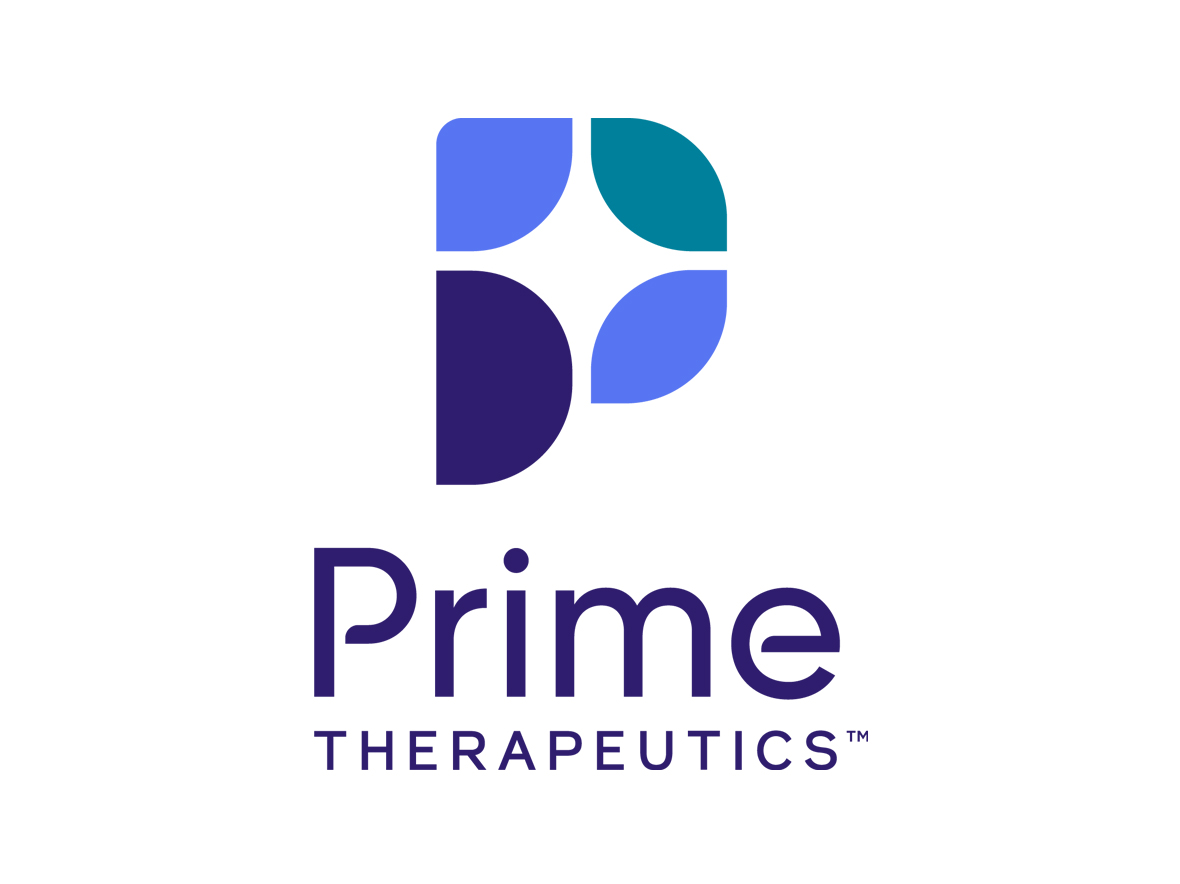AMCP Nexus 2025: A deep dive into prostate cancer treatment - Prime Therapeutics
AMCP Nexus 2025: A deep dive into prostate cancer treatment
Simone Ndujiuba, clinical oncology expert, shares strategies for managed care pharmacists to improve treatment

Not only is prostate cancer the most common form of cancer in men, but it’s also the second most fatal among men in the United States, following lung cancer, according to the National Cancer Institute. While early detection and treatment can lead to patients living longer and healthier lives, the disease varies from person to person. With a complex range of treatment options, both current and new, it can be hard to know the best path forward.
That’s why managed care pharmacists play such an important role in prostate cancer care.
At the Academy of Managed Care Pharmacy (AMCP) Nexus 2025 in National Harbor, Maryland, Prime Therapeutics (Prime)’s Simone Ndujiuba, PharmD, BCOP, senior principal, clinical oncology pharmacist, and Sherry Vogt, PharmD, BCOP, clinical specialist pharmacist, oncology system clinical pharmacy manager, oncology, University of South Carolina Hollings Cancer Center, shared their insights on navigating the complexity of prostate cancer treatment.
The current state of prostate cancer
In 2025, experts project more than 300,000 new cases of prostate cancer will be diagnosed in the United States. That means more than 1 in 8 men will be diagnosed, and for certain populations, the rate of prostate cancer incidence and mortality can increase dramatically. For example, Black men are more than twice as likely to die from prostate cancer compared to white men, according to the Centers for Disease Control and Prevention (CDC). Individuals with a family history of cancer also face increased risks, which makes early screening even more critical.
“At least with prostate cancer, we have various recommendations on screening from various organizations,” Vogt said.
At-risk patients should consider early screening and possible genetic testing, such as when they are below the age of 40. Speaking with a genetic counselor can help patients assess their risks. Ultimately, it’s a joint decision-making process between patients and providers to discuss screening and possible next steps, Vogt said. “We are doing genetic testing earlier on,” she said. “We are seeing movement in the overall survival numbers, as a result.”
Treatment considerations
Vogt reviewed the current state of prostate cancer therapies, which can include options from invasive surgeries to oral drug treatments that manage testosterone levels fueling prostate cancer. Second-generation antigen receptor (AR) agonists offer a promising way to block hormone pathways, which can also reduce the number of drugs patients may need to take throughout treatment.
When scaled against the fact that many patients who are treated for prostate cancer are in their 60s, this can lead to fewer therapeutic interactions or complications in the likely event they’re being treated for other conditions.
For patients with recurring prostate cancer, new therapies — such as enzalutamide (Xtandi) and abiraterone (Zytiga, Yonsa) — can lead to improved health outcomes and survival rates. However, as these drugs and other new treatment protocols emerge — including genetic repair therapies — a host of new considerations emerge, particularly “financial toxicity,” as Vogt said, or financial consequences patients and their families experience because of medical treatments, such as out-of-pocket costs. That means further study is important.
Data-informed guidelines
For Ndujiuba, managing and optimizing cost in prostate cancer therapy is key, particularly through additional real-world research and data analysis.
As she noted, a recent nationwide study of prostate cancer patients found that 88% of patients did not have recommended prostate-cancer-tissue-based biomarker testing. And testing among various ethic and regional populations of men saw even more troubling data.
But Ndujiuba struck a more optimistic tone, saying this is an opportunity for managed care pharmacists to take a larger role in the treatment conversation to help ensure better adherence and the use of guideline-based care.
And there are other promising signs, as an additional study found that although new prostate cancer therapies can be higher in cost, overall quality of life and patient survival metrics continue to improve. Further study, Ndujiuba added, can facilitate improved treatment protocols and address disparities, particularly as the therapeutic landscape continues to evolve.
“We all need to share information so we can glean what’s best,” she said. “We can all benefit from this knowledge.”
All brand names are property of their respective owners.
Stay tuned for more AMCP Nexus 2025 content throughout the week at the Prime newsroom.
About Prime Therapeutics

Prime Therapeutics LLC (Prime) is a diversified pharmacy solutions organization. We offer innovative pharmacy benefit management, specialty and medical drug management, and state government solutions to millions of people across the country. At Prime, we’re reimagining pharmacy solutions to provide the care we’d want for our loved ones. We challenge the way it’s always been done to develop intelligently designed solutions that deliver savings, simplicity and support to help people achieve better health. For more information, visit us at PrimeTherapeutics.com or follow us on LinkedIn.
